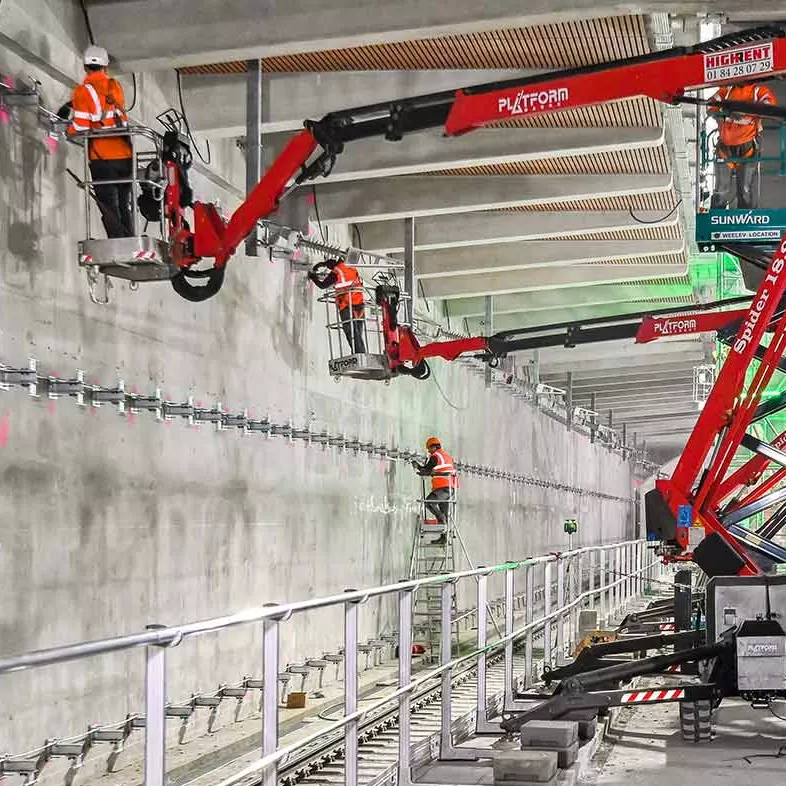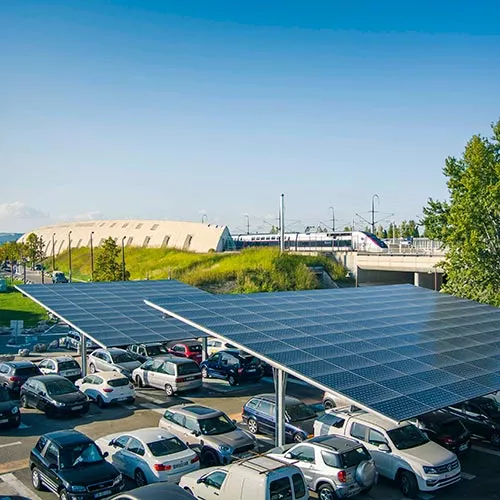Fact or fiction? “SNCF costs taxpayers a lot of money.”
Fact: commonly cited figures often result from misleading calculations. Railways are a vital, invaluable asset for any country, just like road networks and hospitals.
Fees, investments and railway workers’ pensions
Commonly quoted figures on SNCF’s “cost” to taxpayers are misleading, since they conflate unrelated expenses and outlays. Examples include:
- French regions’ payments to SNCF for services provided under public service contracts, starting with track access fees that allow TER and Transilien trains to run on the public network. These fees are an integral part of delivering a key public service: operating regional trains.
- Purchases of new TER or Transilien trainsets by French TOAs (Transport Organizing Authorities)—the French State, regional authorities, and IDFM (Île-de-France Mobilités). Note: since legislation transferring responsibility for regional transport to local government came into force, it is these TOAs (not SNCF) that own rolling stock.
- Subsidies addressing the demographic imbalance in special pensions for retired railway workers. These are similar to arrangements for other professions, including electricity and gas company employees, as well as miners at Charbonnages de France. Today 300,000 retired rail workers draw pensions, compared with 140,000 active employees paying into the system.

Driving economic growth across France
SNCF Group has 212,000 direct employees, making it one of France’s largest employers, and supports an additional 250,000 jobs indirectly. Its operations generate significant economic benefits nationwide. In 2023 alone, SNCF Group spent over €16 billion on engineering projects, supplies, services and expertise purchased from 20,000 suppliers, 20% of them small businesses. Trains—and high-speed trains in particular—are also a powerful driver of local economic development, including tourism, since they enhance regions’ appeal and competitive edge.

Making every euro count
Each euro invested in the rail network through the government’s fonds de concours, which receives all SNCF Group profits, helps to:
- combat climate change, by helping achieve France’s national carbon neutrality target by 2050
- strengthen the nation’s energy independence
- create sustainable jobs that promote economic stability in local communities and can’t be offshored
- boost industrial excellence by creating a world-class rail industry
- shape regional development, with rail the backbone of a cohesive national strategy for regional growth
Share the article